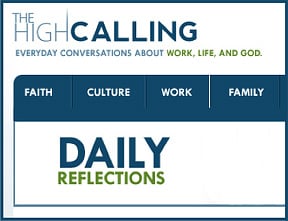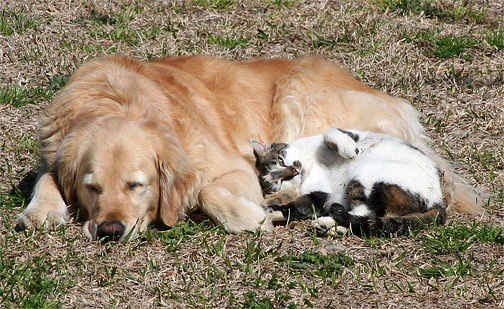Most Americans want things to get better in our nation. We want the economy to flourish. We want the government to be solvent. We want affordable, excellent medical care. We want clean energy. We want all of these things . . . but don’t want to have to incur any personal cost or inconvenience to get them. Surely, somebody else has to pay. “Fix it,” we say, “but not in my back yard!” We are suffering from NIMBYitis . . . Not-In-My-Back-Yard-itis.
A recent edition of the New York Times featured a couple of NIMBYitis stories. The first had to do with the federal government and its budget crisis. “Poll Finds Wariness About Cutting Entitlements” reports that “Americans overwhelmingly say that in general they prefer cutting government spending to paying higher taxes, according to the latest New York Times/CBS News poll.” Yet when we are confronted with what cuts in the federal budget entail, we are unwilling to support cuts in anything that impacts us personally. “Fix the budget,” we say, “but don’t take away any of my own entitlements.” Ouch! NIMBYitis alert!
The second NIMBYitis story hits much closer to home, my home, that is, literally. “Lack of Transmission Lines Is Restricting Wind Power” chronicles a debate that is raging where I live, in the Texas Hill Country west of San Antonio. The problem is that massive amounts of electric power is being produced by wind turbines in West Texas. Yet the state’s transmission lines are not currently able to handle the flow of energy produced by the wind. So, the state needs to add unsightly transmission lines, running them through the Hill Country, which is one of the prettiest areas in Texas. As you can imagine, this created quite a stir, with local residents protesting the “uglification” of their land. State regulators recently approved the route for the new transmission lines, running them right along a lengthy section of Interstate 10. As you’d expect, those who live in the area are not happy.
Including me, I might add. I love the Hill Country vistas I see on my way to work. Before too long, my view will be polluted by tall poles and giant wires. Ugh! But I also realize that if I want affordable and plentiful electricity, and if I want the world in which I live to be less polluted, then this is a cost my neighbors and I will have to pay. (The cost of burying power lines, by the way, is prohibitive at this point in time. Affordable burying sounds like a great entrepreneurial opportunity to me. Photo: A stretch of I-10 in the Hill Country that will soon be blighted with power lines.)
Now before you start complaining about Texans and our unwillingness to support green energy, consider this. Texas produces far more electricity by wind power than any other state, by far. In fact, we produce more electricity by wind in a given year than California, Arizona, New Mexico, Illinois, Pennsylvania, Florida, Montana, Oklahoma, and New York combined. Texas produces almost three times as much wind-power electricity as the number 2 state, Iowa.
Moreover, you may recall a similar debate in Massachusetts, one of the most ostensibly “pro-green” states. For years, a battle raged over placing a 130-turbine wind farm five miles off the coast of Cape Cod. The residents, including Senator Ted Kennedy, while he was alive, went ballistic. They tried everything to stop the project because it would ruin their view. When, after years of debate, the project was approved last April, residents and environmental groups vowed to fight the project, which will no doubt be in the courts for years to come. As a lover of Cape Cod, I can relate to those who would rather not see distant windmills in the ocean. But I do find it curious that even in such an apparently green-friendly state, people just don’t want solutions in their own back yard.
I expect that we will be utterly inundated by this kind of thinking in the next few years as governments (local, state, and federal) try to find a way out of the financial nightmare in which we find ourselves as a people, not to mention a host of other challenges. Who, I wonder, will lead us to consider sacrifices we all need to make for the sake our nation and the world? Who will challenge us to “ask not what our country can do for us, but what we can do for our country”? And our world?

